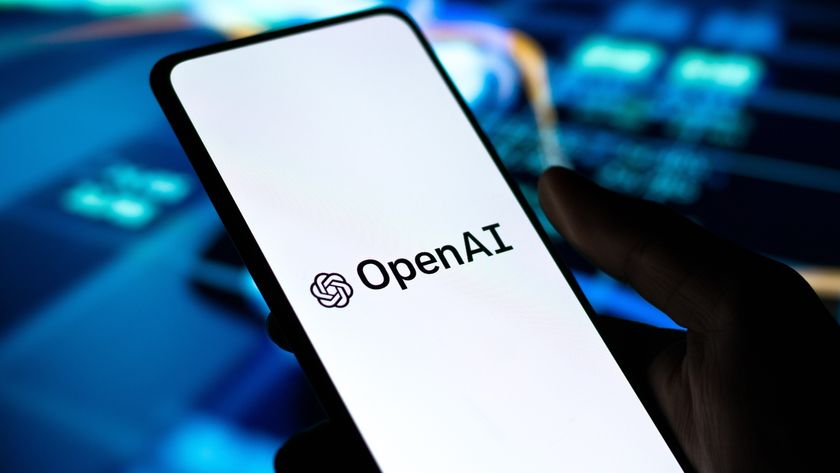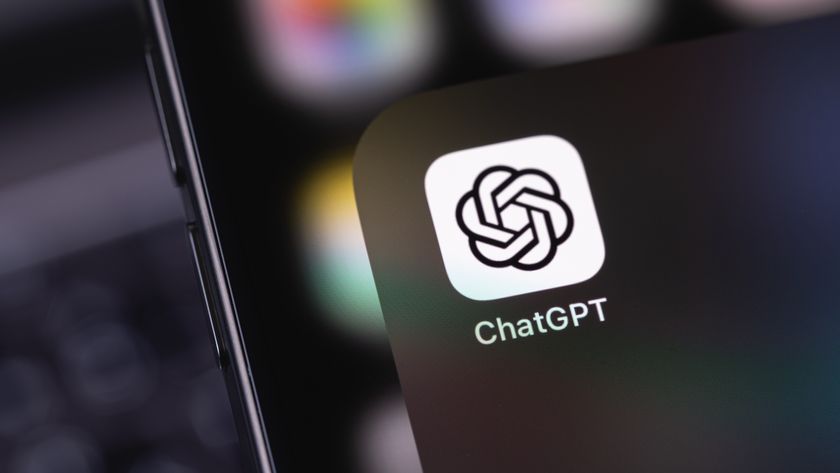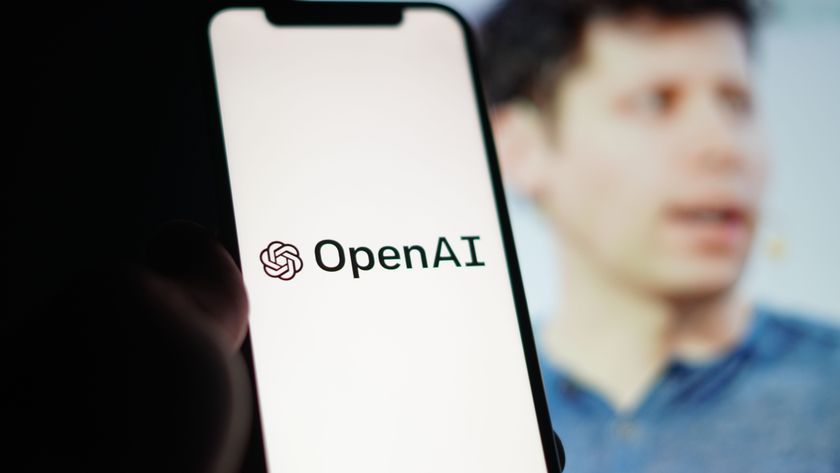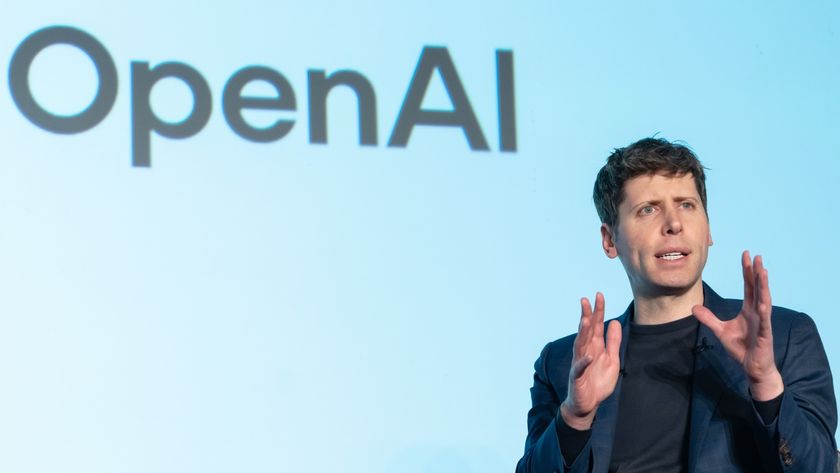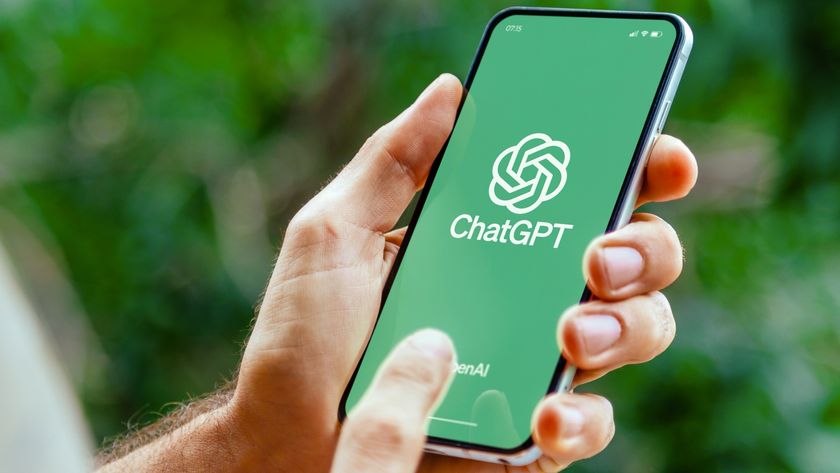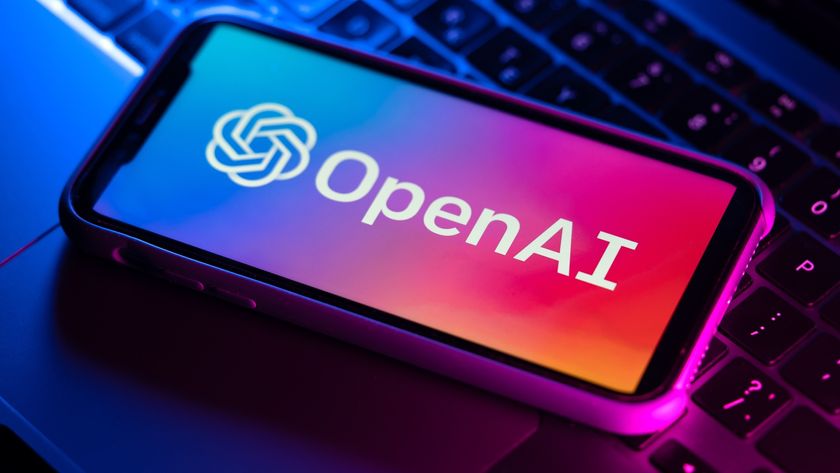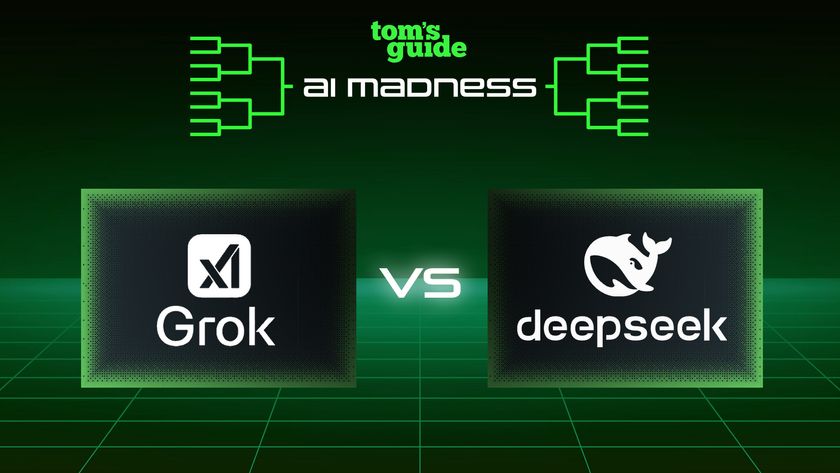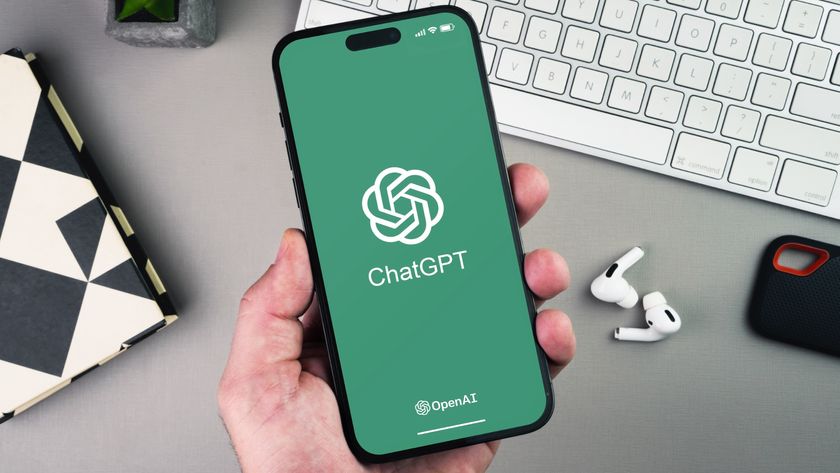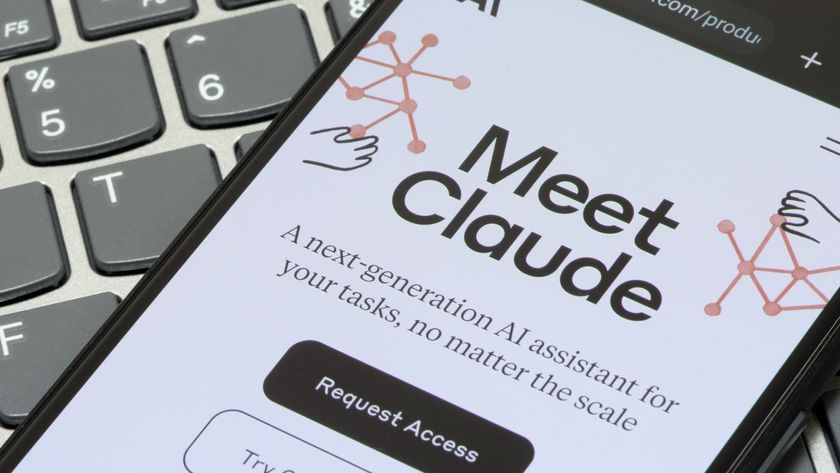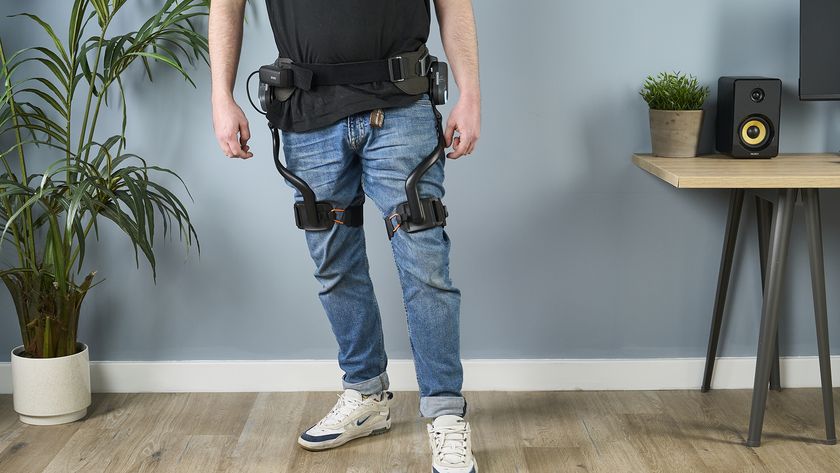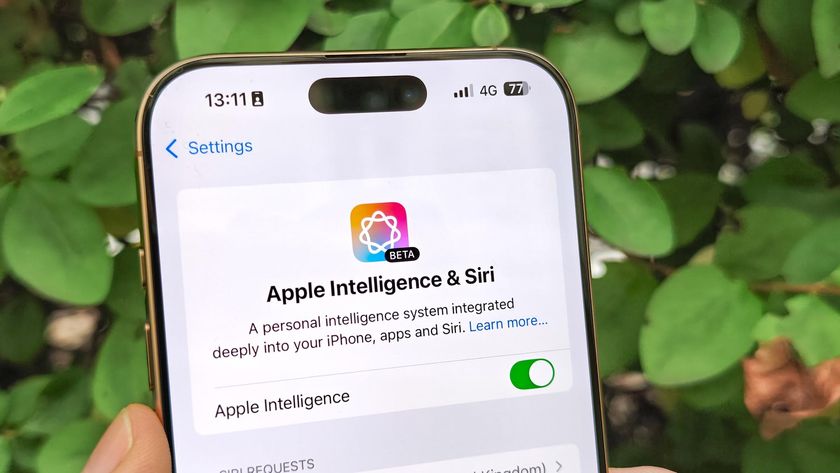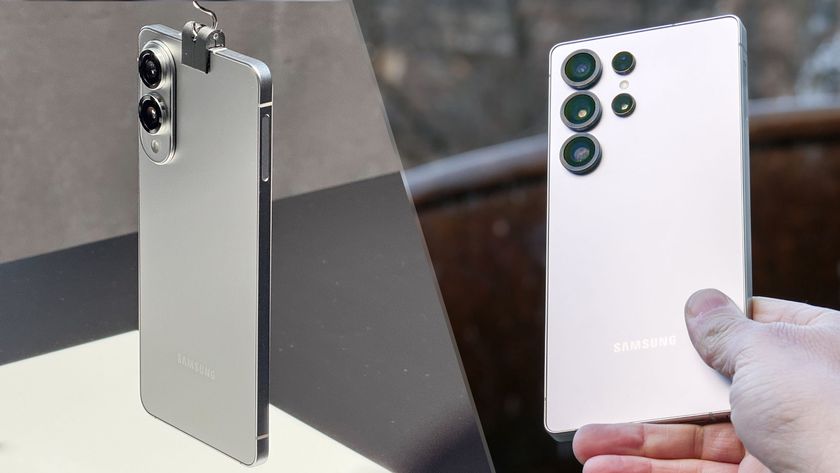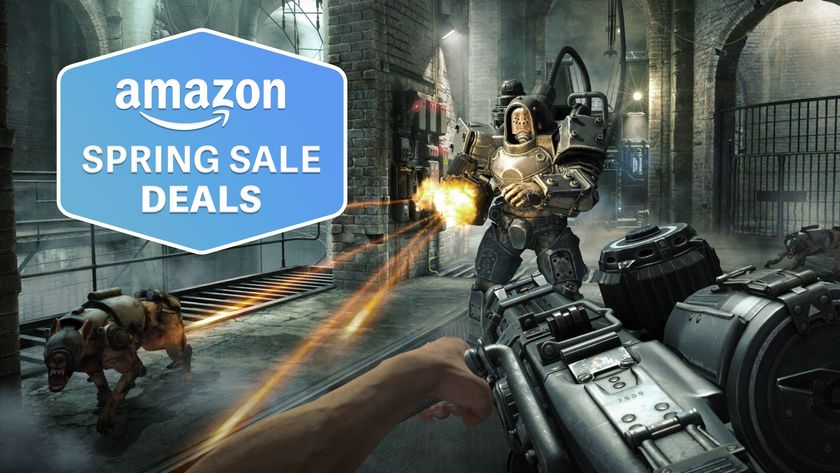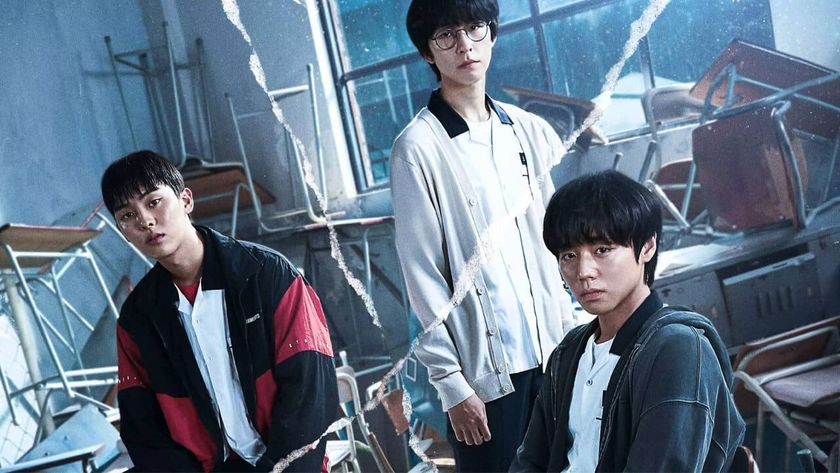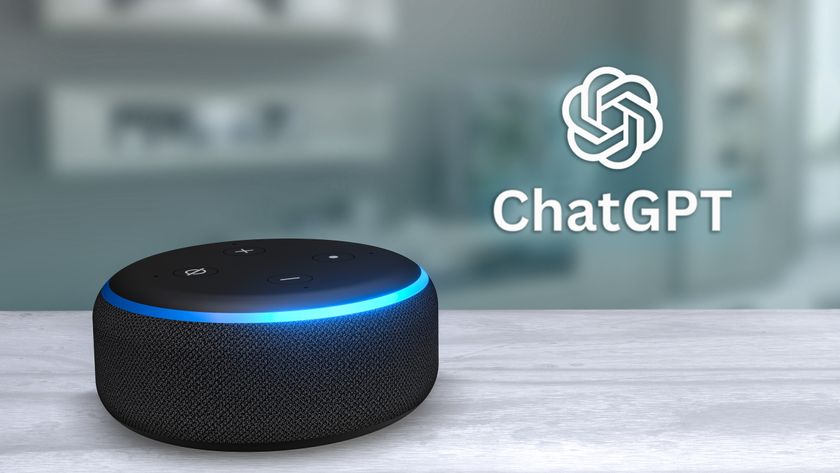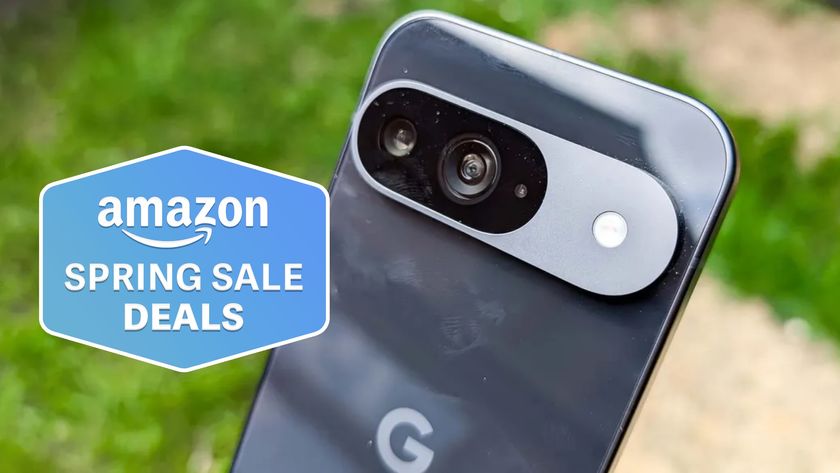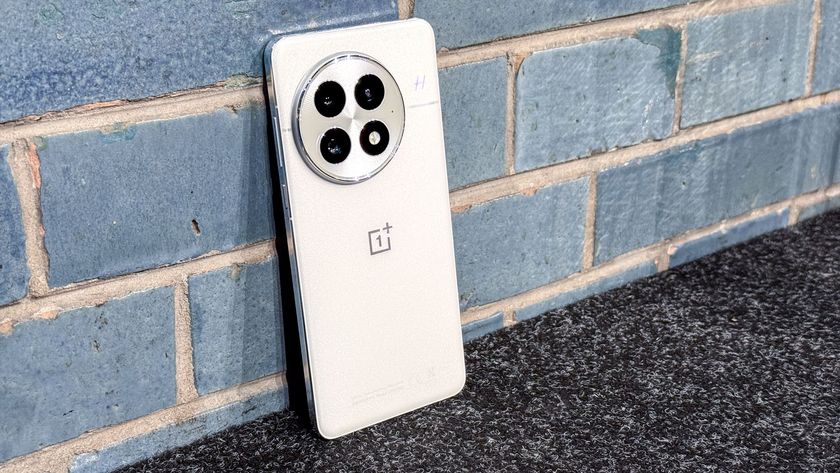Humane switches to GPT-4o — promises more responsive answers from the Pin
A little jumpstart for Humane's Pin, but is it too late?
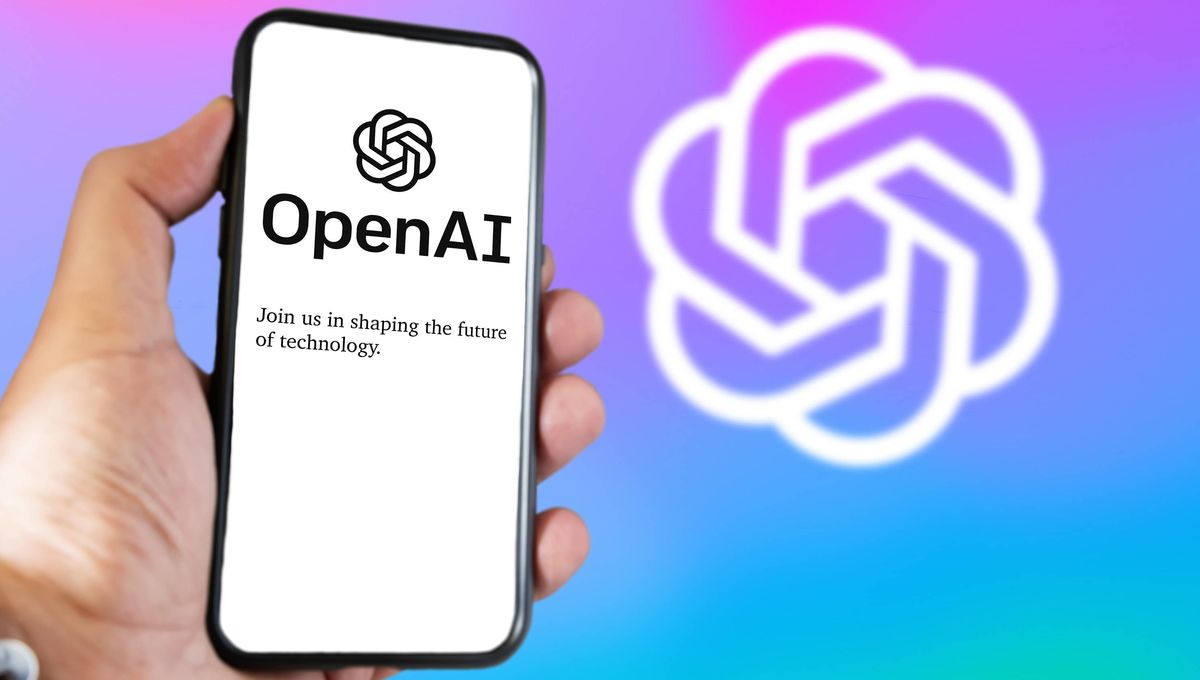
Humane's AI Pin may have had a rough start, but it hopes OpenAI's latest model will help revive its ailing AI hardware business.
The company said this week that Humane's AI Pin is now working with OpenAI's new ChatGPT-4o model. In a post on X, Humane said that it pushed ChatGPT-4o compatibility automatically, and users wouldn't need to do anything special to get the update.
"The architecture of CosmOS enables us to quickly adopt the latest and greatest AI technologies," Humane said about its Pin's software.
OpenAI recently unveiled its ChatGPT-4o model, saying that it's the company's most capable yet. In addition to text, the model can accept any combination of audio, images, and video and can similarly deliver the same multimedia responses. OpenAI also touted that it's faster than previous GPT-4 versions and does a much better job of understanding and delivering both audio and visual data than previous models.
While Humane itself stopped short of saying exactly how Its ChatGPT-4o integration would benefit its Humane AI Pin, its product design lead George Kedenburg took to X to say that based on its internal testing, ChatGPT-4o is having a positive impact on its hardware.
"So far lots of great improvements," Kedenburg wrote on X. "[A] 14 percent decrease in latency, 28 percent shorter answers, 33 percent fewer bad answers beyond the numbers. Everything just feels smarter and more accurate (as expected).
That's good news for Humane, a company that has suffered its fair share of bad news since launching the Pin earlier this year.
Sign up to get the BEST of Tom's Guide direct to your inbox.
Get instant access to breaking news, the hottest reviews, great deals and helpful tips.
While the device carried plenty of hype leading up to launch, once users got their hands on the device, they found it to be buggy, lacking context, and at times, flat-out terrible. Indeed, as soon as reviewers got ahold of the Pin, they quickly panned it for poor performance, software bugs, and more.
The Pin's troubles have called into question whether AI-based hardware can, or even should, succeed. While the models they rely on clearly work well and help people get the experience they want, at least so far, AI hardware is failing to meet expectations.
More from Tom's Guide
- OpenAI’s 'superintelligent' AI leap nearly caused the company to collapse — here’s why
- OpenAI is paying researchers to stop superintelligent AI from going rogue
- OpenAI is building next-generation AI GPT-5 — and CEO claims it could be superintelligent
Don Reisinger is CEO and founder of D2 Tech Agency. A communications strategist, consultant, and copywriter, Don has also written for many leading technology and business publications including CNET, Fortune Magazine, The New York Times, Forbes, Computerworld, Digital Trends, TechCrunch and Slashgear. He has also written for Tom's Guide for many years, contributing hundreds of articles on everything from phones to games to streaming and smart home.
